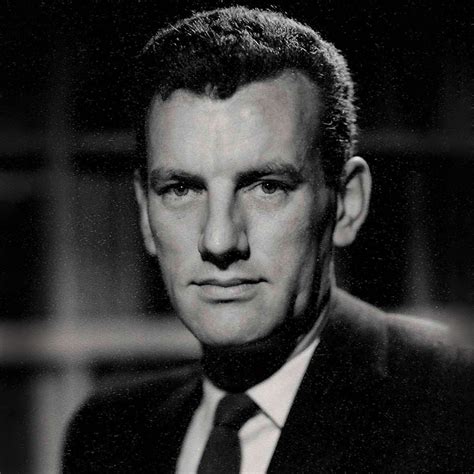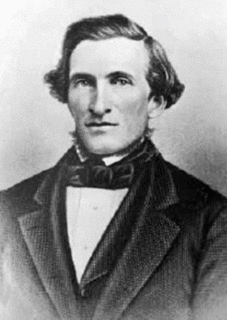A Quote by Gautama Buddha
If a man who has committed many a misdemeanor does not repent and cleanse his heart of the evil, retribution will come upon his person as sure as the streams run into the ocean which becomes ever deeper and wider. If a man who has committed a misdemeanor come to the knowledge of it, reform himself, and practise goodness, the force of retribution will gradually exhaust itself as a disease gradually loses its baneful influence when the patient perspires.
Related Quotes
If a man loses a dear friend, he looks around and sees many friends come to console and comfort him. If a man loses his wealth, after a little thought he will realize that the delight that came from wealth will be restored by finding more. Thus he forgets his loss and is consoled. But if a man's heart is deprived of peace, where will he find it again, how will he replace it?
Each man lives for himself, uses his freedom to achieve his personal goals, and feels with his whole being that right now he can or cannot do such-and-such an action; but as soon as he does it, this action, committed at a certain moment in time, becomes irreversible, and makes itself the property of history, in which is has not a free but a predestined significance.
He who gives himself to a lover because he is a good man, and in the hope that he will be improved by his company, shows himself to be virtuous, even though the object of his affection turn out to be a villain, and to have no virtue; and if he is deceived he has committed a noble error. For he has proved that for his part he will do anything for anybody with a view to virtue and improvement, than which there can be nothing nobler.
A winner, a champion, will accept his fate. He will continue with his wheels in the dirt. He will do his best to maintain his line and gradually get himself back on the track when it is safe to do so. Yes, he loses a few places in the race. Yes, he is at a disadvantage. But he i A winner, a champion, will accept his fate. He will continue with his wheels in the dirt. He will do his best to maintain his line and gradually get himself back on the track when it is safe to do so. Yes, he loses a few places in the race. Yes, he is at a disadvantage. But he is still racing. He is still alive
Therefore the good man ought to be a lover of self, since he will then both benefit himself by acting nobly and aid his fellows; but the bad man ought not to be a lover of self, since he will follow his base passions, and so injure both himself and his neighbors. With the bad man therefore, what he does is not in accord with what he ought to do, but the good man does what he ought, since intelligence always chooses for itself that which is best, and the good man obeys his intelligence.
A man that advances in spiritual and in temporal matters at the same time, minding to keep the spiritual first, will not let the temporal lead him; he will not place his heart upon his farm, his horses, or any possession that he has. He will place his desires in heaven, and will anchor his hope in that eternal soil; and his temporal affairs will come up as he advances in the knowledge of God.
Unless a man has pity he is not truly a man. If a man has not wept at the worlds pain he is only half a man, and there will always be pain in the world, knowing this does not mean that a man shall dispair. A good man will seek to take pain out of things. A foolish man will not even notice it, except in himself, and the poor unfortunate evil man will drive pain deeper into things and spread it about wherever he goes.
A man's natural rights are his own, against the whole world; and any infringement of them is equally a crime, whether committed by one man, or by millions; whether committed by one man, calling himself a robber, (or by any other name indicating his true character,) or by millions, calling themselves a government.
He who has learnt to control his tongue has attained self-control in a great measure. When such a person speaks he will be heard with respect and attention. His words will be remembered, for they will be good and true. When one who is established in truth prays with a pure heart, then things he really needs come to him when they are really needed: he does not have to run after them. The man firmly established in truth gets the fruit of his actions without apparently doing anything. God, the source of all truth, supplies his needs and looks after his welfare.
If a man really sets his heart upon the will of God, God will enlighten a little child to tell that man what is His will. But if a man does not truly desire the will of God, even if he goes in search of a prophet, God will put into the heart of the prophet a reply like the deception in his own heart.
Youth is a beautiful dream, on whose brightness books shed a blinding dust. Will ever the day come when the wise link the joy of knowledge to youth's dream? Will ever the day come when Nature becomes the teacher of man, humanity his book and life his school? Youth's joyous purpose cannot be fulfilled until that day comes. Too slow is our march toward spiritual elevation, because we make so little use of youth's ardor.






























